We went to meet Anne-Catherine and her husband Yannick. Their dearest wish? To become parents. A wish that is proving to be a real challenge. After a year without getting pregnant naturally, they both underwent tests that marked the start of a long MAP protocol involving inseminations and IVF.
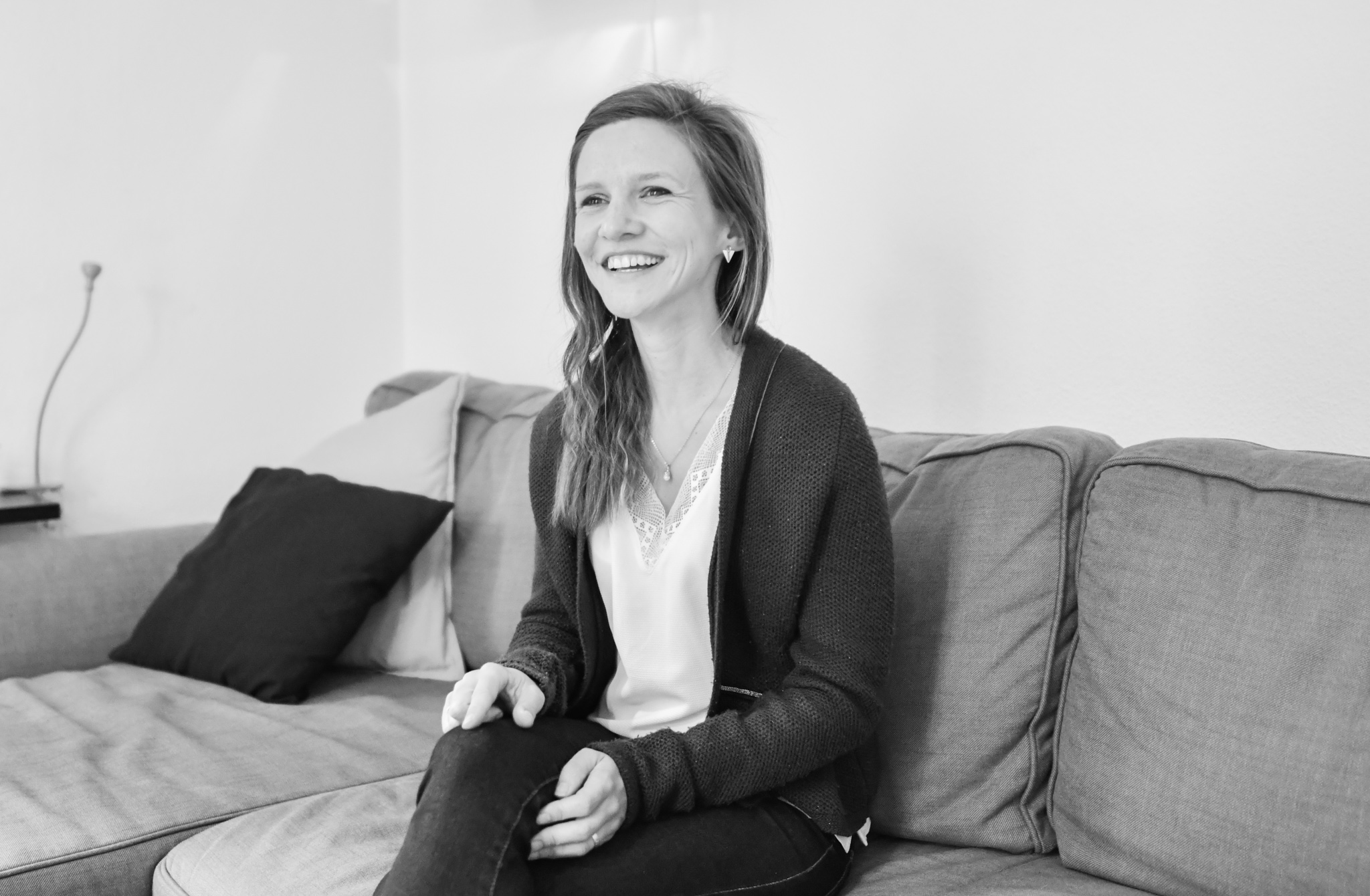
Because this term and what it encompasses are not necessarily easy to understand, we asked Dr Fabien Murisier, fertility biologist and director of the CPMA in Lausanne, to enlighten us.
PMA stands for Procreation Médicalement Assistée and is designed to help couples who are having difficulty having a child for X or Y reasons.
PMA offers several solutions for infertility problems:
- Hormonal stimulation to promote ovulation. Couples will have normal sexual relations.
- Intrauterine insemination (IUI) is used when sperm count or sperm motility is insufficient. In this case, the man donates a sperm sample and the gynecologist inseminates it in utero, so that fertilization takes place inside the woman's body.
- IVF - In Vitro Fertilization, where eggs and sperm are brought into contact in the laboratory, and a few days later the embryo is inseminated in-utero. It can also be combined with microsurgical testicular sperm extraction (TESE) and intracytoplasmic sperm injection (ICSI), both of which will be described in Anne-Catherine's story.
Complicated terms, frightening protocols that enable couples to become parents when the stars weren't necessarily on their side. For Anne-Catherine and her husband, MAP, and more specifically ICSI, is their only chance of realizing their dream of becoming parents.
Discover Anne-Catherine's heartfelt and touching story of courage and determination!


Anne-Catherine, can you introduce yourself in a few words?
I'm 31 and was born in France, but both my parents are Swiss-German. I'm the youngest of 4 children. When I was 18, I wanted to return to my native country and moved to Geneva for my studies. I did a bachelor's degree in psychology, then a master's in speech therapy. 9 years ago, I met Yannick, who has now been my husband for 5 years.
Have you and Yannick always wanted to start a family?
Yes! In fact, we talked about it openly at the very beginning of our relationship. It was important to know that we both had the same plans. I shared with him that I'd always dreamed of having children: my maternal instinct was revealed as early as childhood (smile). I used to spend hours playing with my doll, which I took everywhere with me. My husband had also wanted to start a family (phew!) for a long time. It was always part of his dream too.
When you saw that you weren't getting pregnant, how long did it take before you decided to seek medical advice?
A year after we got married, we stopped the contraception we were using. After 6 months, I started to find it weird that I wasn't getting pregnant. I had a lot of girlfriends around me who'd got pregnant quite quickly and I was expecting the same thing. Even then, I started to worry. My gynecologist was very understanding and reassuring; she advised me to take folic acid (a supplement to be taken a few months before having children, if ever) and to wait another 6 months. After a year, we went back to see her. We had a full fertility check-up: a blood test (each), a tubal examination and an ultrasound for me. For him, it was an appointment with a urologist and a spermogram.
What were the results?
At the time, the results showed that infertility was mainly male in origin. We were therefore referred to artificial insemination. After a period of reflection, we were finally given the opportunity to make three attempts during the second and third "waiting" years, which unfortunately were unsuccessful. Between each attempt, we took breaks to rest and take a step back.
How did you experience these first stages of MAP?
During the fourth insemination, I underwent ovarian hyperstimulation. During the first 3 stimulations, I had always reacted quite strongly to the hormone treatment. But for the 4th, we decided to change the treatment; I reacted strongly to it. Everything was stopped overnight because my body was producing far too many follicles. It was a shock for me and another setback. We decided to take a break, let the summer pass and try again in the autumn. But after the summer, I felt discouraged by the idea of trying again. I began to feel physically and psychologically unwell. I wanted to be pregnant so badly that I felt all the symptoms as if I were. My gynecologist quite rightly referred me to Dr. Emery, a psychosomatic doctor at the CPMA in Lausanne who specializes in psychological support. She was invaluable in helping me to keep my spirits up during this obstacle course.
First I went alone, then with Yannick. Together, we took stock of our relationship and our baby project. We realized how important it is to benefit from psychological support during the PMA process. What a blessing to be able to ask our questions calmly and take the time to take stock of our journey. Finally, as we talked together, we realized that I was physically and psychologically at the end of my tether after two years of treatment. I wasn't well: for months I'd been taking refuge in hyperactivism, filling my time with as many things as possible, to avoid being confronted with my emotions. I had created an emotional dam for myself during the last three years of PMA. I had gritted my teeth, without taking the time to care for what I was going through inside: exhausted and depressed.
Dr. Emery referred me to my general practitioner. She put me on leave for two weeks, which lasted longer. Finally, I took a 4-month break from work. I didn't immediately understand what was happening to me. I didn't have any perspective on anything and just felt empty, tired of trying and tired of hoping. At the same time, I was able to start an individual follow-up with a psychologist who is used to accompanying people with fertility problems. We then decided to put the baby project on hold and it took a year before I felt ready for MAP again.


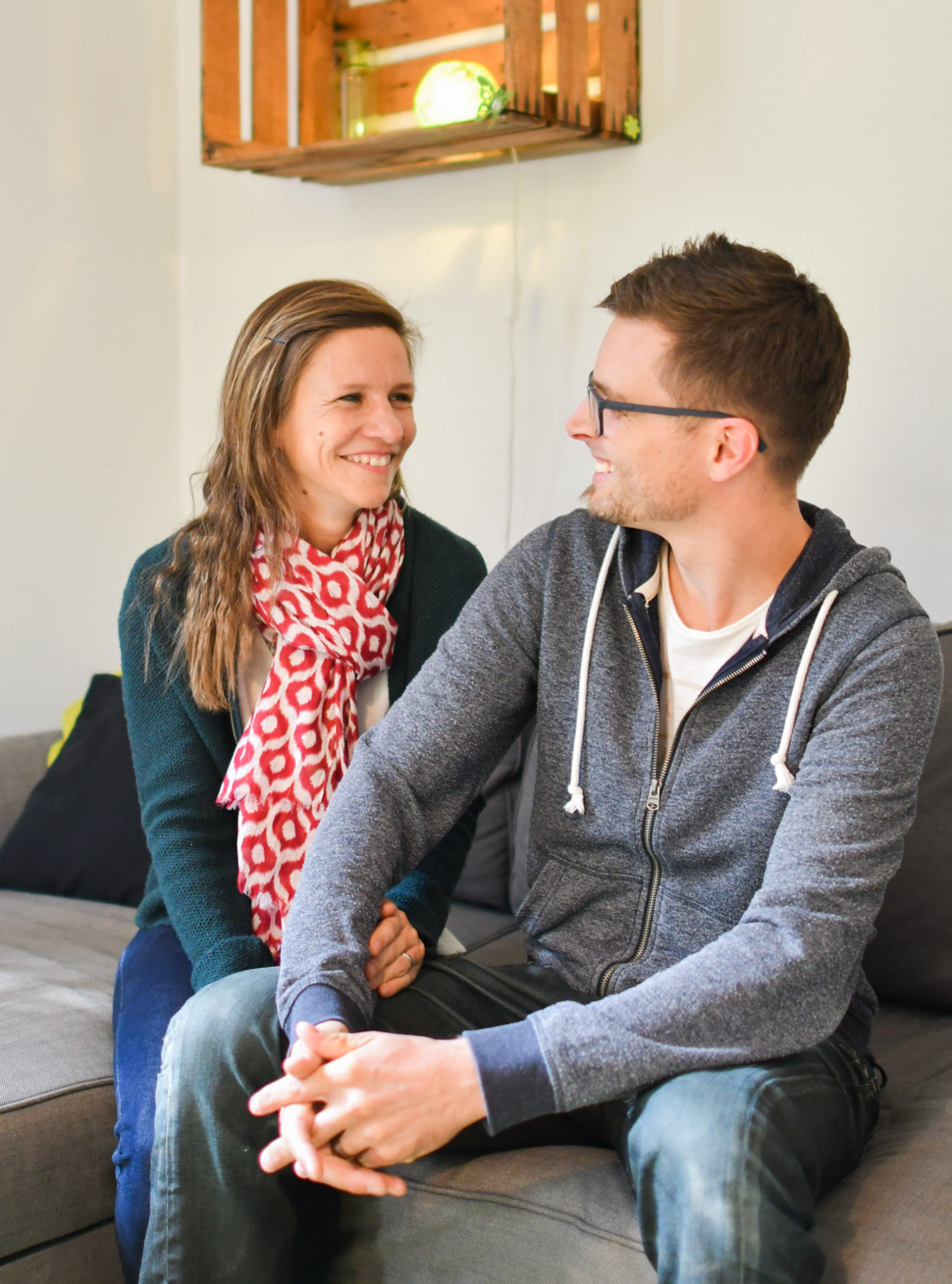

How does Yannick see all this?
Before we met, Yannick had never really been in a relationship. He had waited a long time for the woman of his life, and that was a very long time for him (he was 31 when we met). This period taught him both to appreciate the fullness of being a couple, and to realize that some dreams take time to come true. He looks forward to becoming a father one day, and remains confident and positive. It wasn't easy for him to see me in physical pain during the hormone treatments, without being able to help me too much.
After this break, you decided to try again?
We went back to our gynecologist and concluded that at this stage, IVF would be the best next option for us. Dr. Emry referred us to a MAP center.
We then started the ovarian stimulation treatment. Once again, hormone injections were given every evening at 9:30 p.m. for the duration of the cycle. This time, the procotcole was more complex, and I had more injections to do. But the CPMA team was great: they took the time to explain everything to us. Every 2-3 days for the first 10 days of the stimulation cycle, I had an appointment for an ultrasound scan and a blood test. A serious and precise follow-up that immediately gave me confidence.
How did you juggle work and multiple exams?
It was almost impossible: that's why I took a 2-week vacation. Yannick, on the other hand, made sure that he had less work to do during this time, so that he could free himself up. He was able to come to most of the appointments, as it was a project for the couple that we wanted to experience together as much as possible. What scared me the most was the oocyte puncture. I'd never had an operation before and it was going to be my first general anaesthetic. In the end, it went well. During the afternoon, the biologist called to tell us how many eggs had been retrieved and how many were "usable".
"Sometimes you have to let go of the picture of what you thought life would be like and learn to find joy in the story you are actually living."
Rachel Marie Martin
In concrete terms, what happens next?
The oocytes are then taken to the laboratory and fertilized by IVF or ICSI (the sperm is placed directly inside the oocyte).
The oocytes are then kept under observation for three to five days while they develop into embryos. After an interminable wait, we were called to tell us how many embryos had developed favorably. Normally, if all goes well, the transfer takes place straight away, but in my case it wasn't possible because I was, once again, hyperstimulating. It was frustrating, but the professionals at the CPMA had prepared me for it. So we froze the few embryos that had been retrieved and waited for me to recover physically before carrying out the transfer.
What has been the most difficult part of this adventure for you?
From a physical point of view, I've had a hard time coping with the side effects of the treatments: nausea, extreme fatigue, hypersensitivity, hyper-swollen and painful belly (linked to hyperstimualation). You have all the symptoms of early pregnancy (apparently...) except that you know you're not...
Emotionally, it's the anticipation of having a child that's difficult. You feel like a spectator in your own life. I feel like I'm stuck at one stage without being able to move on to the next.
Who do you turn to for support on a daily basis?
My family, my friends, my husband who is a rock, and my faith in God. I also find comfort in sport. I need my daily dose to clear my head!
What impact does your PMA journey have on :
- Your relationship: it brought us much closer together and made us stronger. During this ordeal, we had to learn to talk openly about our fears, our doubts, our joys and our sorrows. It's an ordeal for both of us.
- Your job: it's hard to juggle doctors' appointments and absences. I didn't want to say anything to my employer, but you have to manage the constraints of work and the timing of biology! At first, I simply put "insemination" in my diary as if it were a routine check-up. But after my emotional exhaustion, I learned to leave myself time to prepare and rest during the MAP. I now dare to take days off when I feel I need them for an important appointment, examination or procedure!
- Your social life: I've often cancelled parties at the last minute because I didn't feel well, either morally or physically, due to the injections. But also sometimes because I couldn't stand being with my pregnant friends or those with children. It's nothing against them, but sometimes we just needed to protect ourselves.
- You: guilt! I had a very bad experience of stimulation. I felt guilty because I couldn't produce the hormones naturally to get pregnant, and even the artificial ones didn't work. We don't understand what's wrong with us.
- Your wallet: it's important to know that 3 inseminations are paid for, but that IVF is at our expense, i.e. around 10,000 CHF. It's a cost that requires sacrifice. We were really lucky to have our respective families who generously supported us in this process.
Do your friends and family know?
We explained it to them after a year. We were fed up of hearing, as soon as we got married, "So, when are we going to have a baby? That kind of social pressure is hard to handle. Having said it is a good thing, because you can talk about it, but it also creates discomfort. My friends didn't dare tell me about their pregnancy and show their joy. My pain doesn't stop me from rejoicing for my loved ones. I'm so glad they don't have to go through what we're going through. But at the same time, there's always a little voice deep inside me that sadly says, "What about me? Why is it so complicated for us?
We all have a friend or acquaintance who's having trouble getting pregnant. How can we show our support? What to say and what not to say?
What we need most of all is empathy and understanding. I appreciate it when my friends ask me sincerely how I'm doing. For example, I was touched to receive a small gift from a friend on Mother's Day. I appreciate it when they ask me: "What can I do to help you? What I need are little attentions, compassion, listening...
On the other hand, please... Stop telling us these stories about couples who waited for years, went through lots of MAP treatments and then, the moment they stopped and decided to adopt, she got pregnant naturally. I've heard this story hundreds of times already... Personally, I know couples who stopped everything and didn't have children either. It doesn't always work out. Real life isn't always a fairy tale.
And if there's one phrase to banish, it's "let go! Stop thinking about it and it will work". It's absolutely no help. How do you let go and stop thinking about it, with all the medical appointments and treatments to do? Do you find it easy to let go of the things you dream about? That's a very guilt-inducing sentence!
Anne-Catherine, a quote that gives you courage?
A friend once shared with me a phrase that did me a lot of good. It has become a credo or guideline for me: "Sometimes you have to let go of the picture of what you thought life would be like and learn to find joy in the story you are actually living."
Anne-Catherine, a final word? A message to pass on?
In life, as in a deck of cards, you don't choose which ones you get. I often draw the wrong ones, but I try, in spite of them, to come out on top.
We're keeping our fingers crossed that this IVF will be a success for you Anne-Catherine and Yannick. You deserve it! If you need a sympathetic ear or support, MotherStories is here. If you're reading this and would like to leave Anne-Catherine a message, or if you'd like to share your story with the other moms in the community, please contact us.
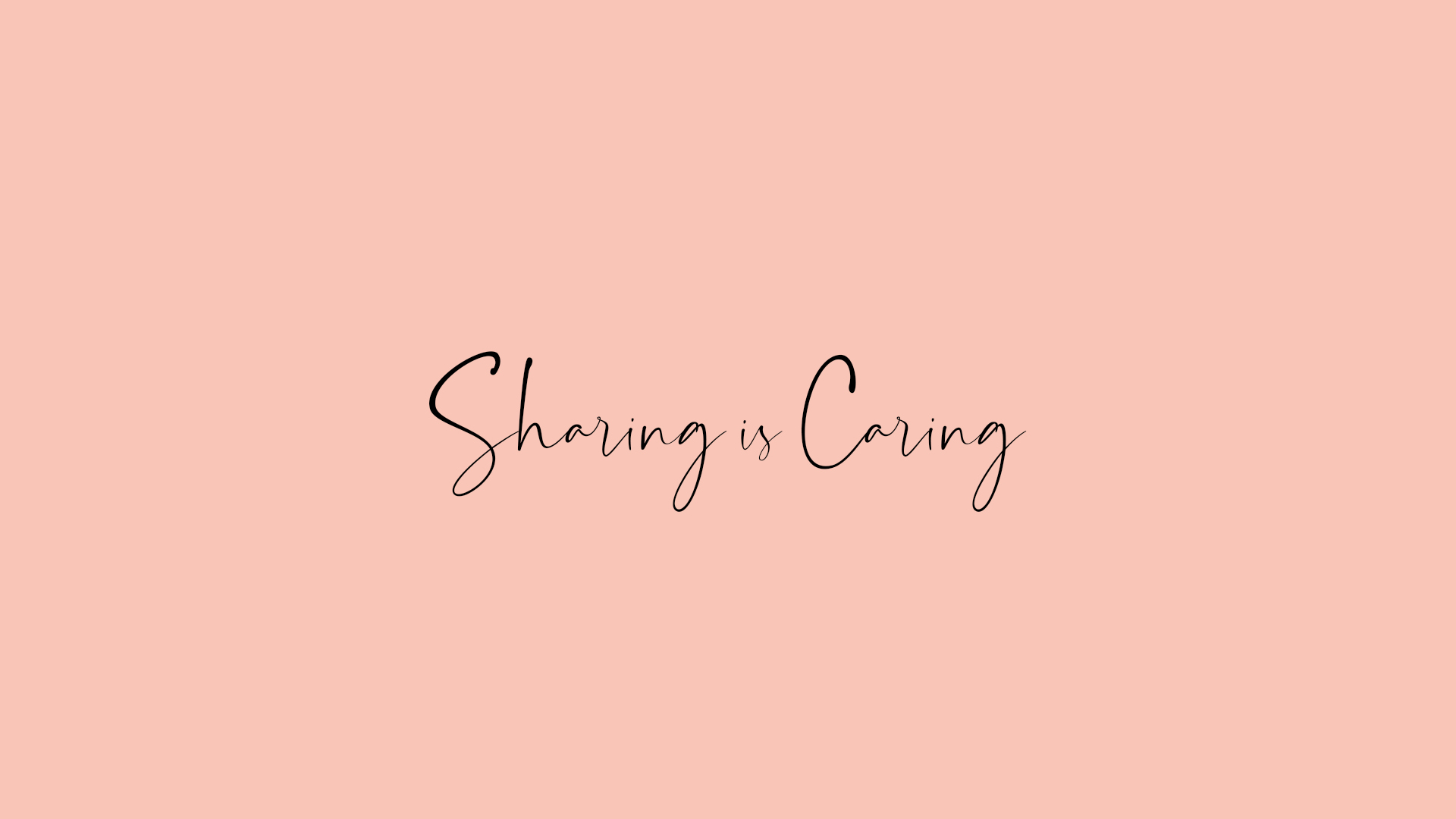

Fertil-In
Fertil-In is an intelligent questionnaire for identifying potential obstacles to fertility. Founders Adva Grundman, a fertility and MAP consultant, and Virginie Terrier, a nutritionist and micro-nutritionist, created Fertil-In to support couples in their desire to have children. Their different programs are all aimed at improving the fertility and general health of couples, so as to give them every chance of success in their procreation project, whether natural or medically assisted.
After meeting Anne-Catherine, we put her in touch with Fertil-In. Adva and Virginie offered her the inConcept program relevant to their stage of MAP, which includes body preparation for IVF.
To find out more about Fertil-In and what fertile intelligence is, read this article.
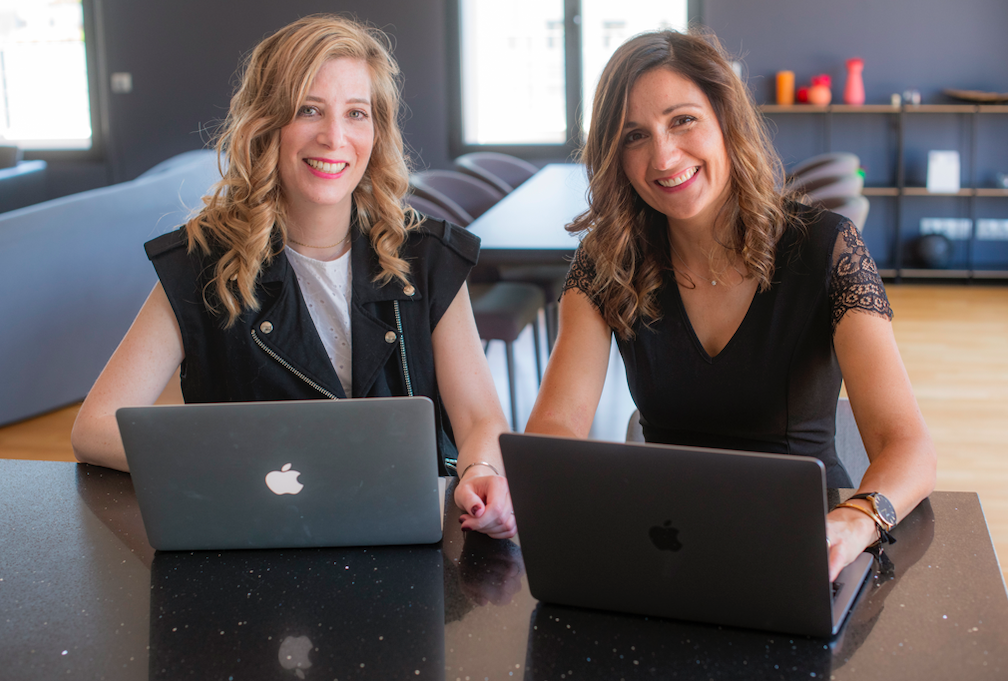

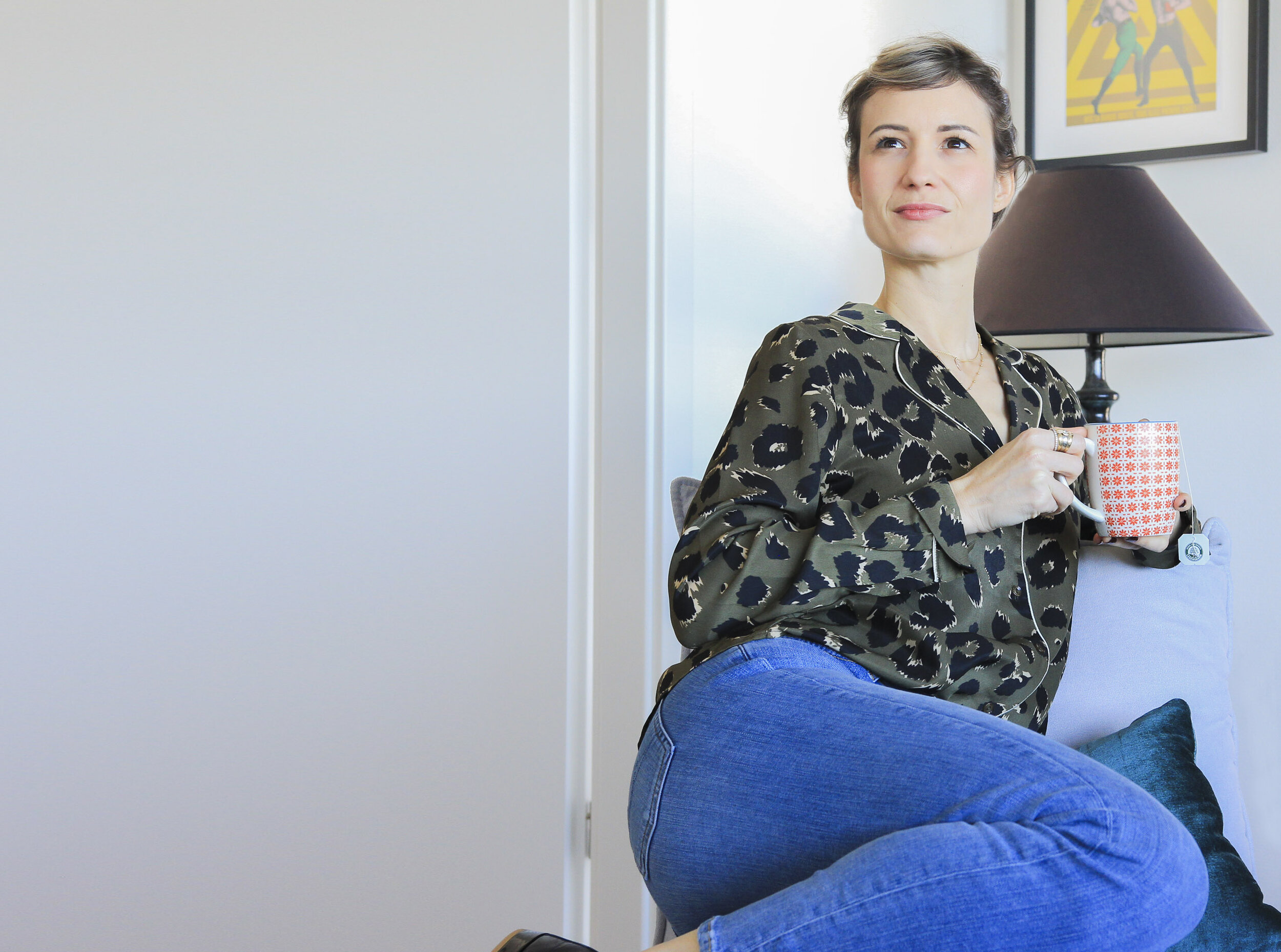
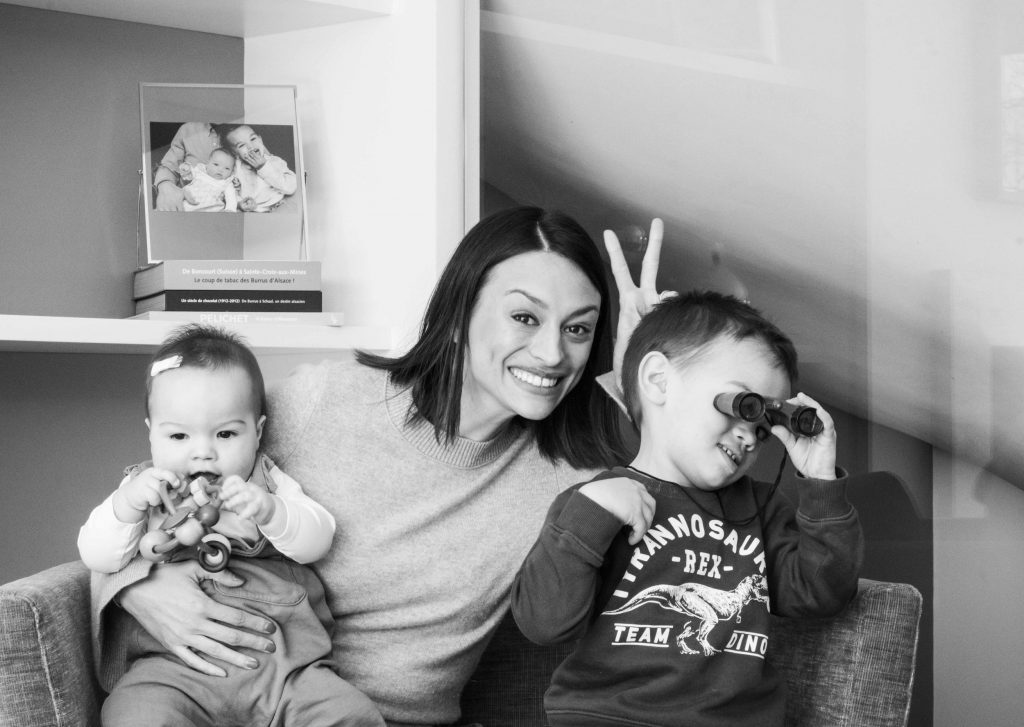
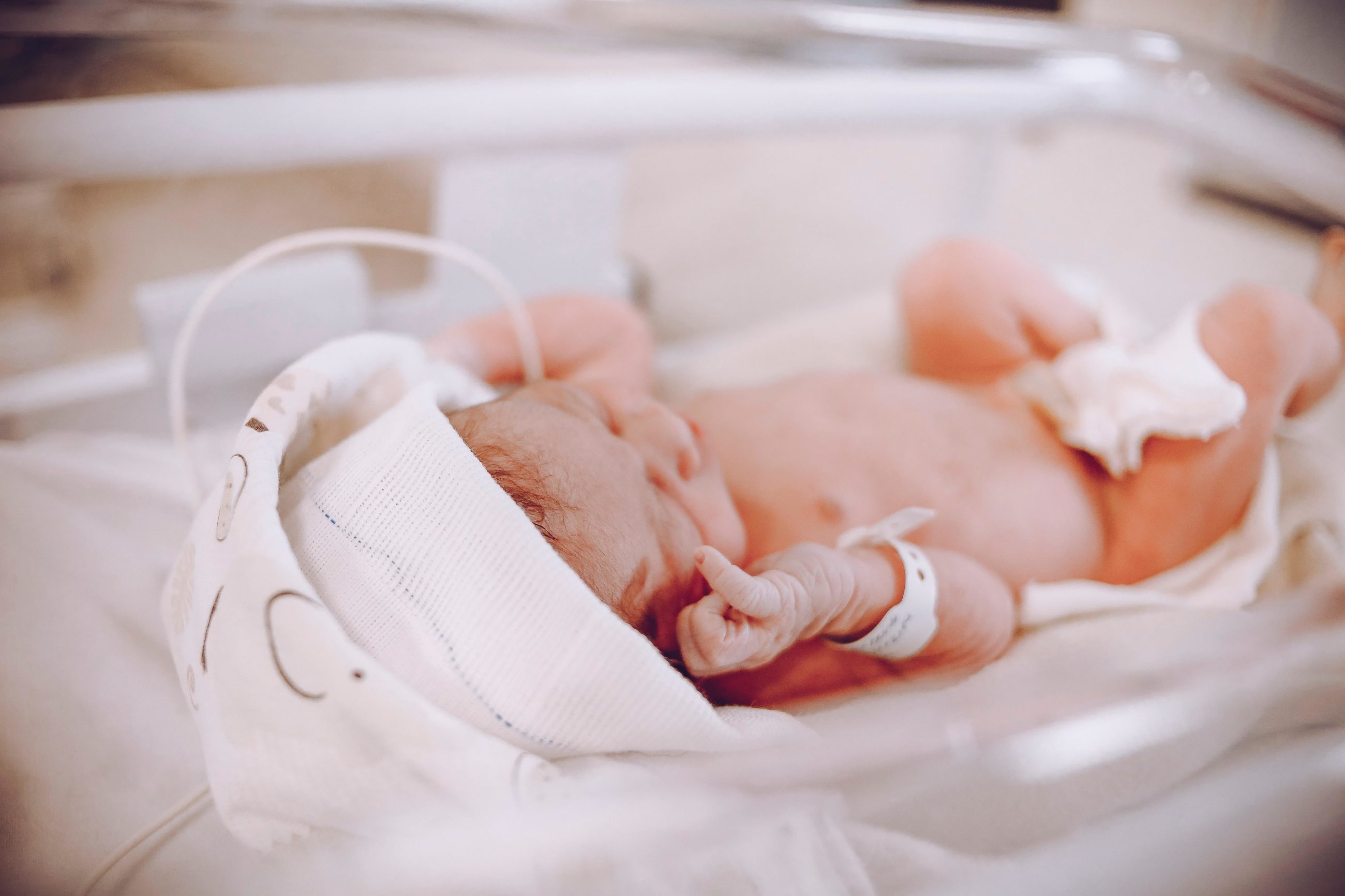
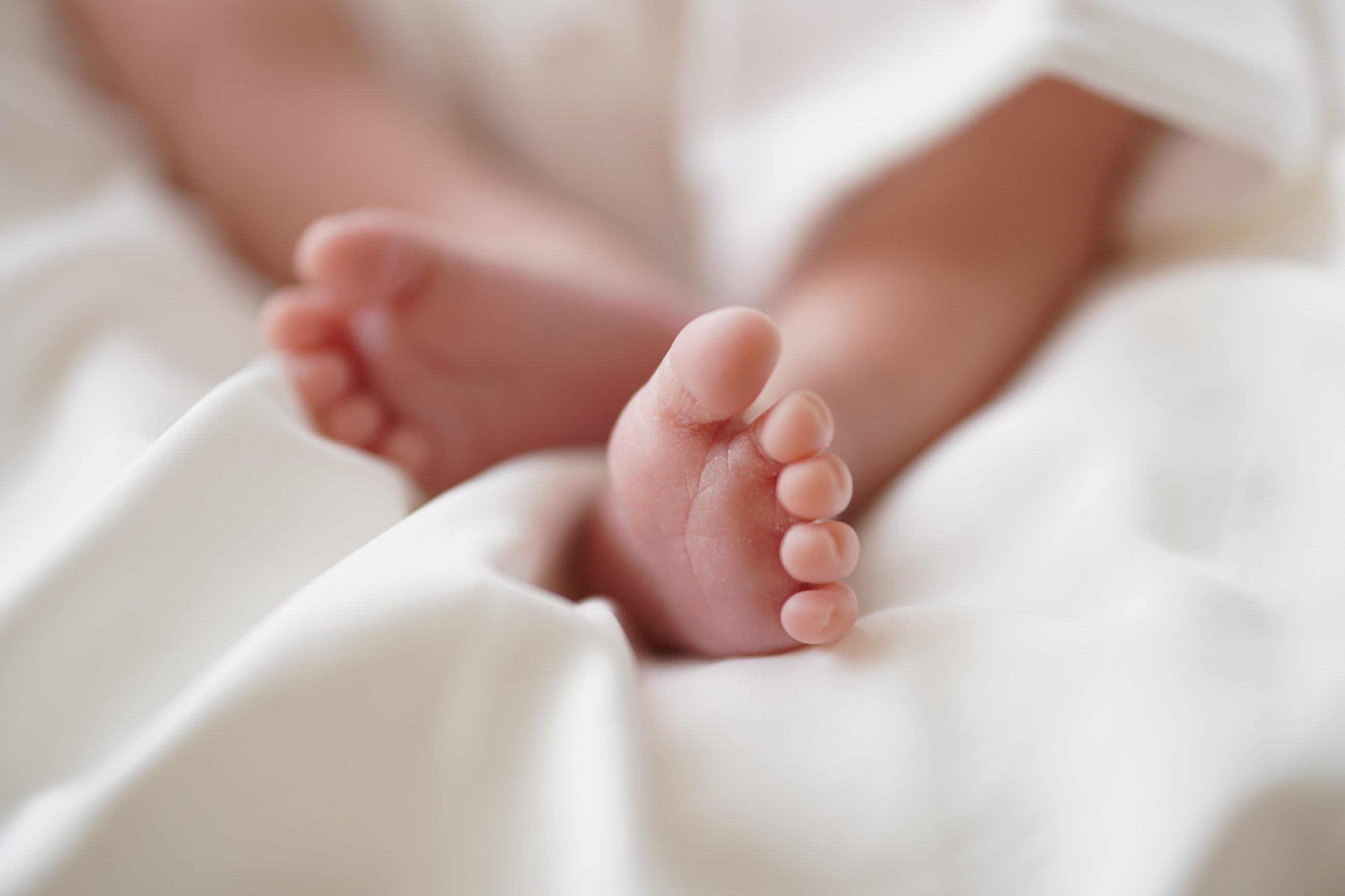
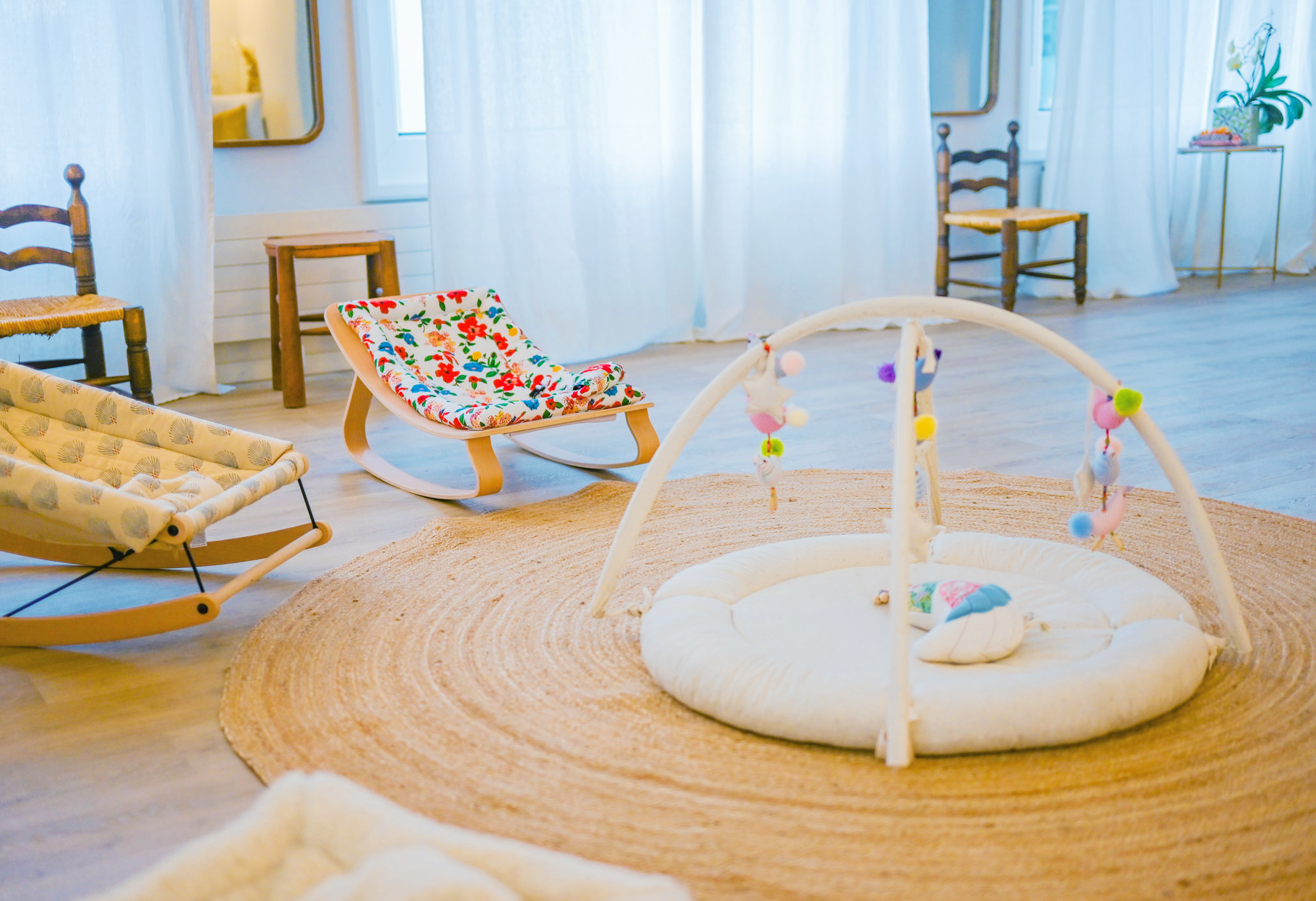
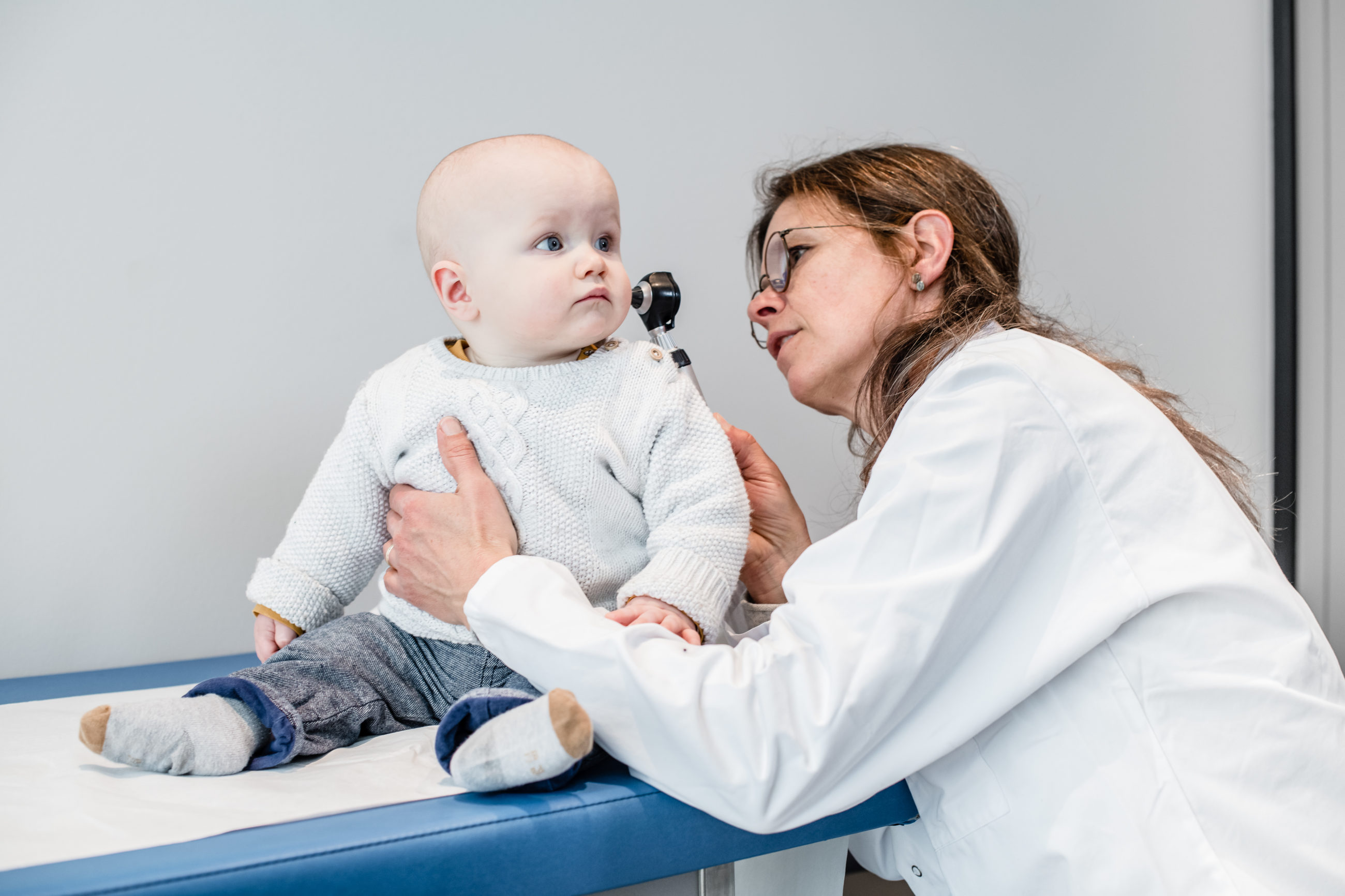
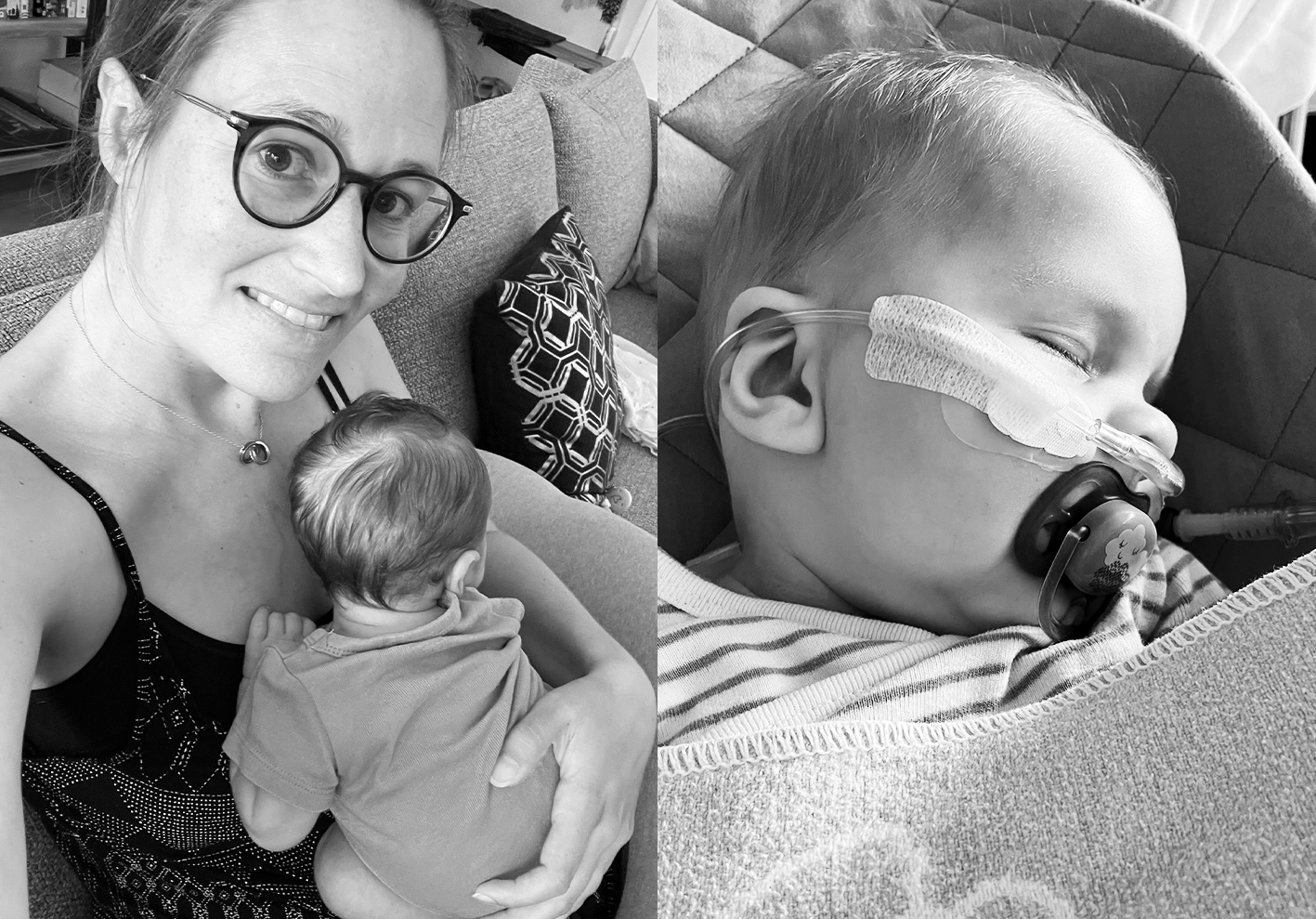
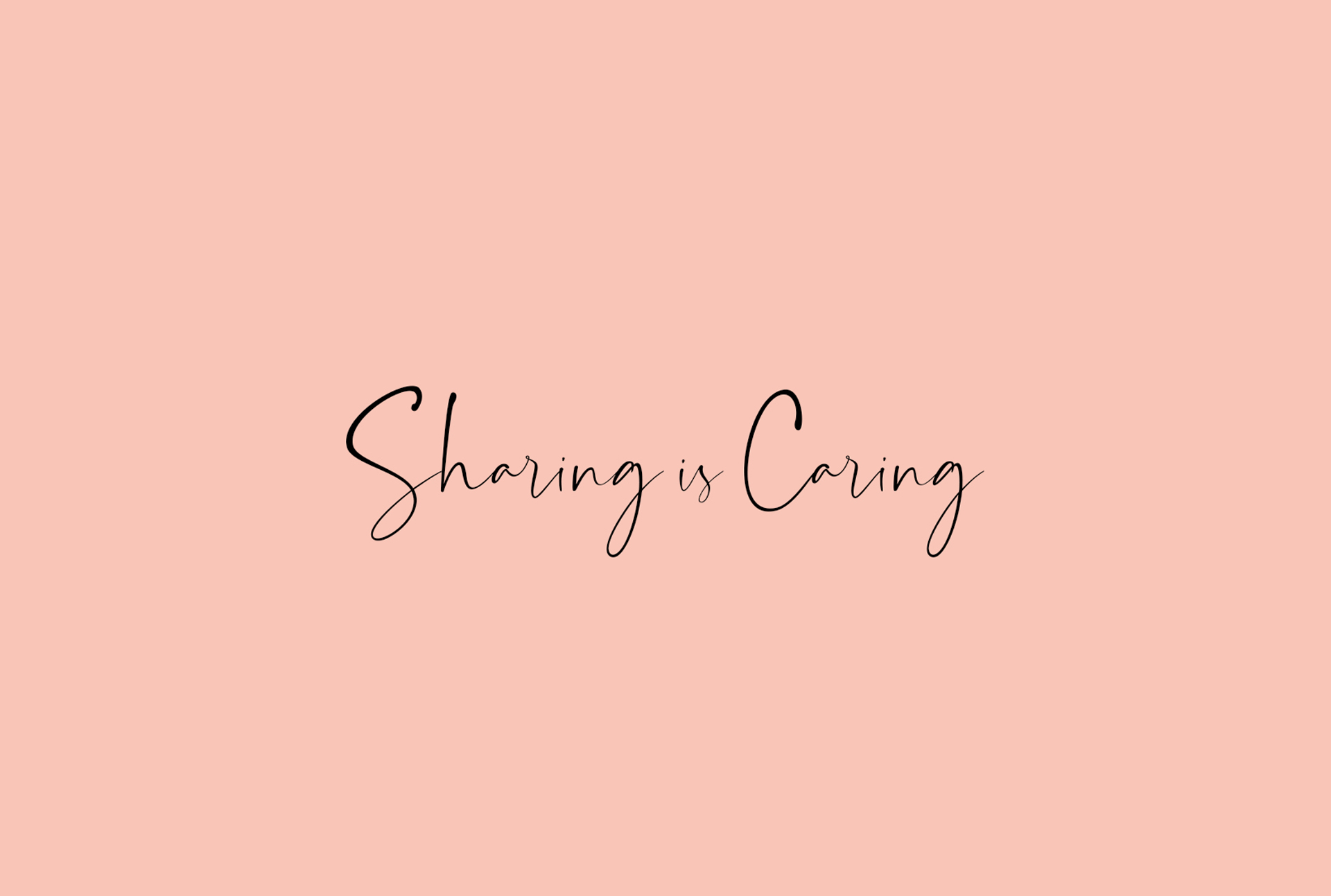
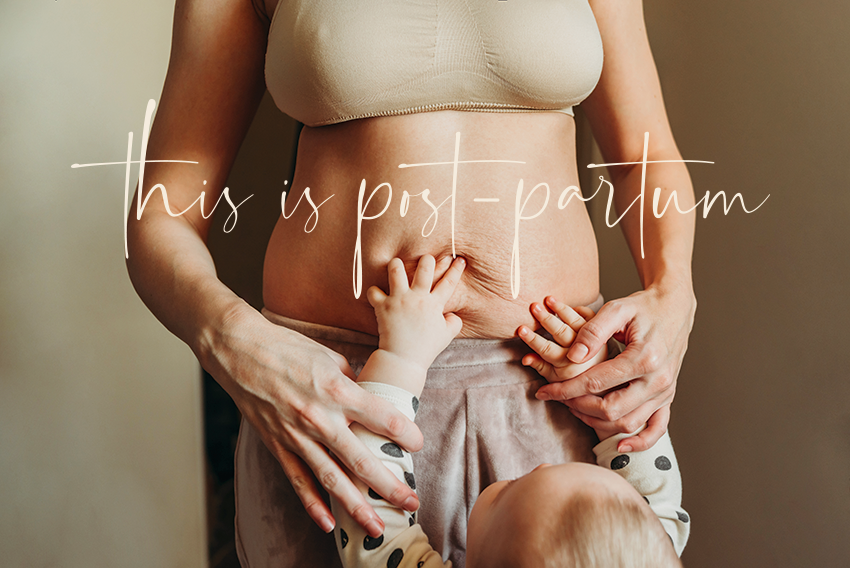


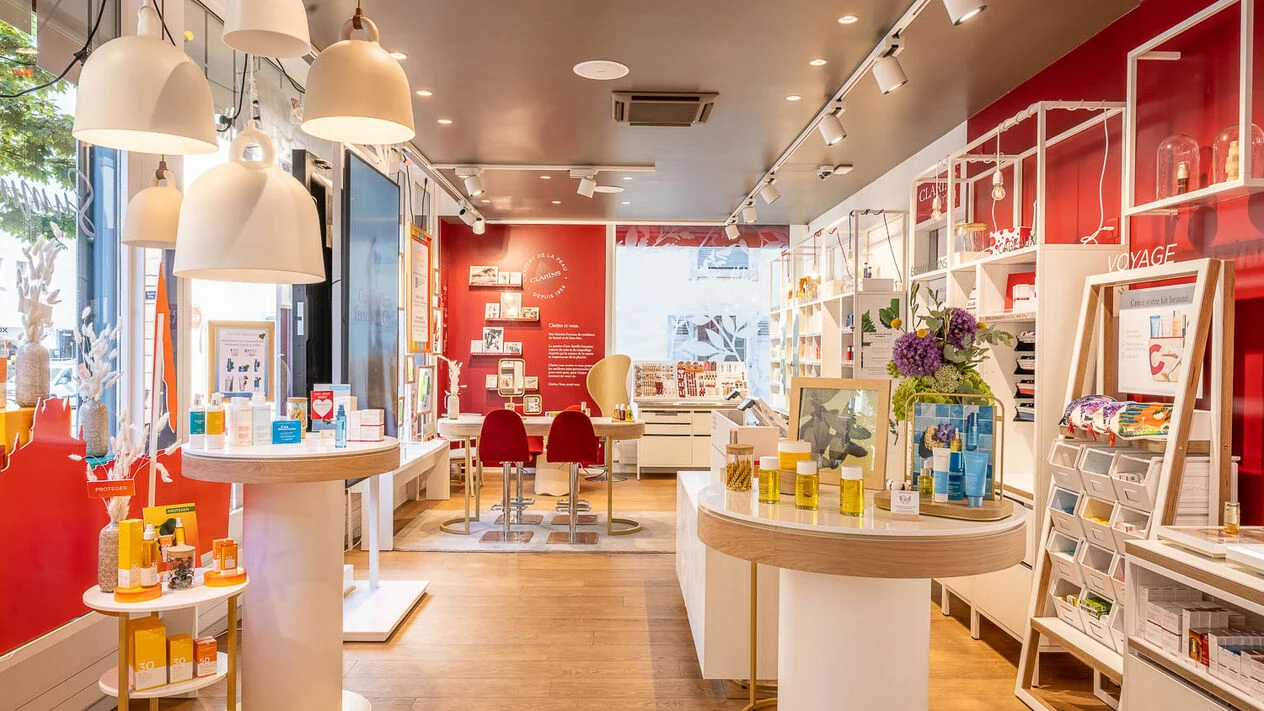
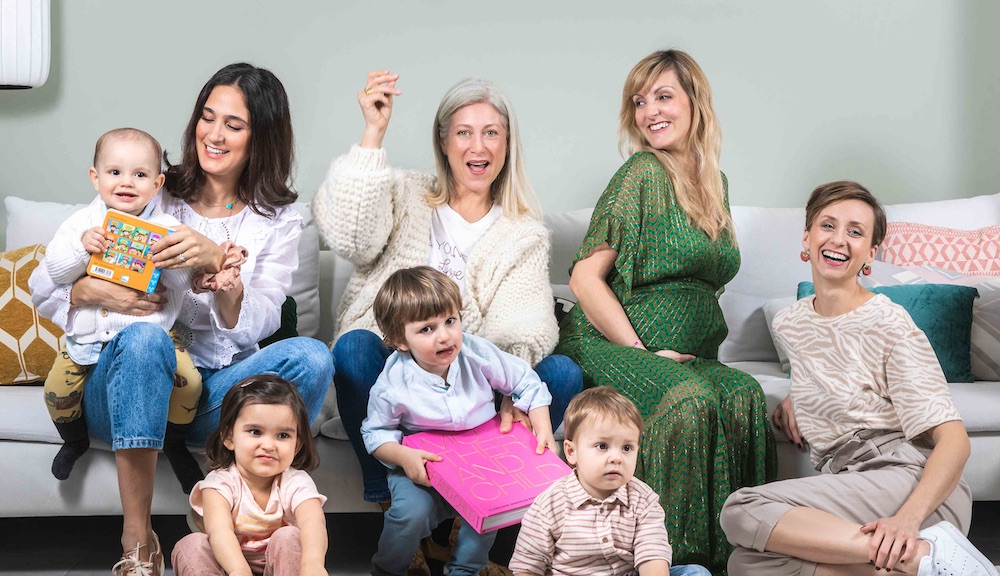

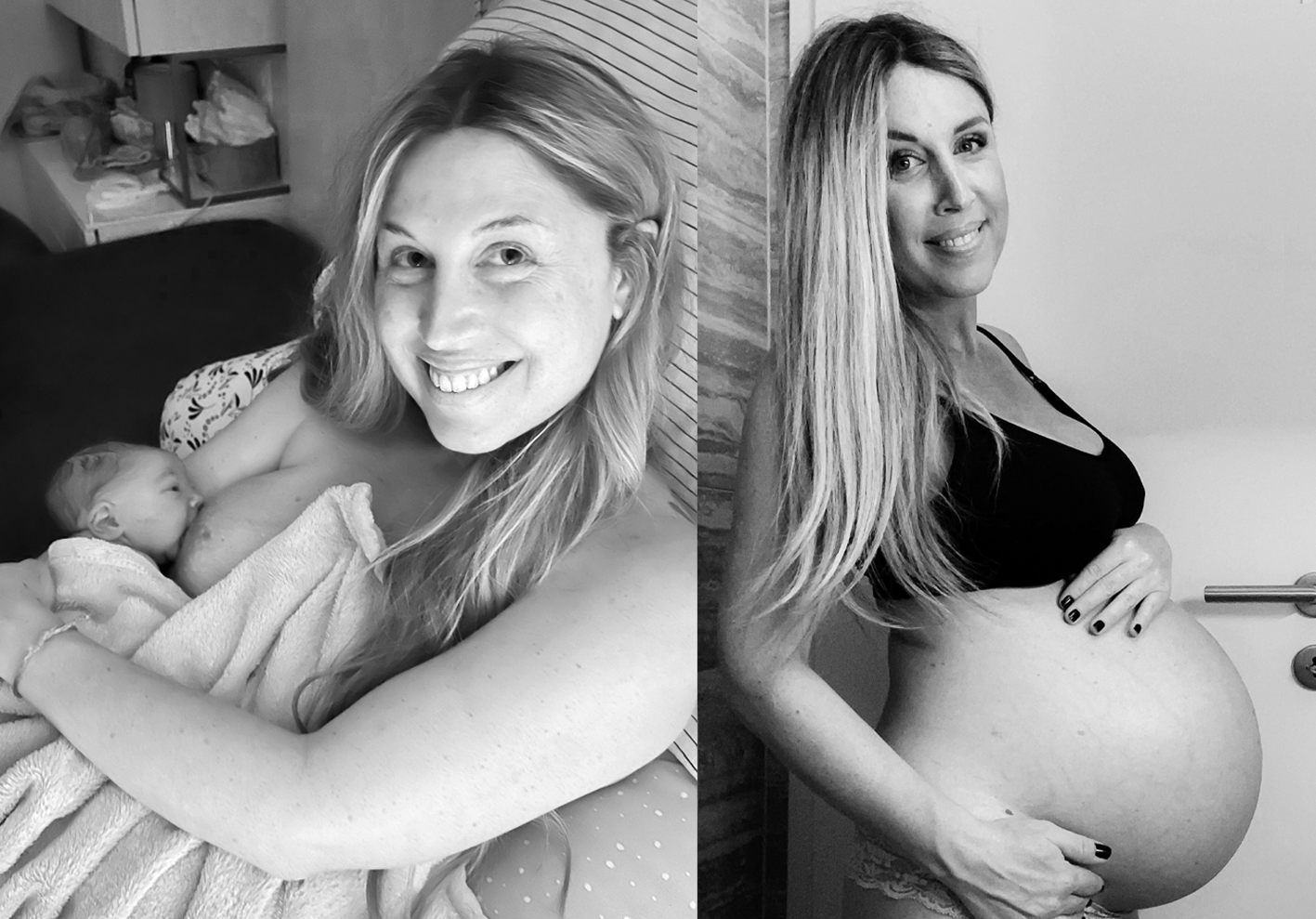
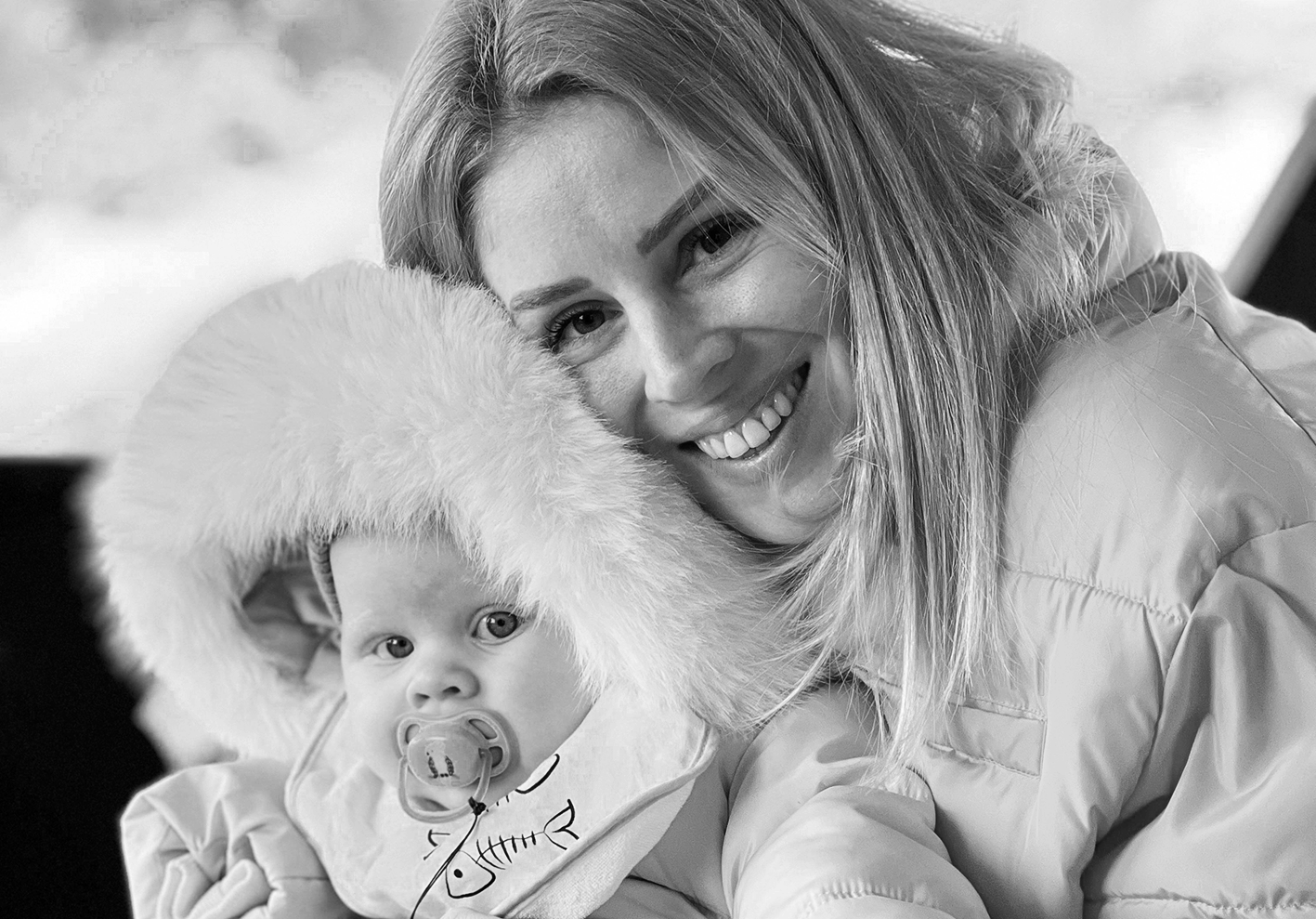




MotherStories says :
We wish you much courage in this stage of your PMA journey! We're keeping our fingers crossed because you deserve it!!!! Natalie